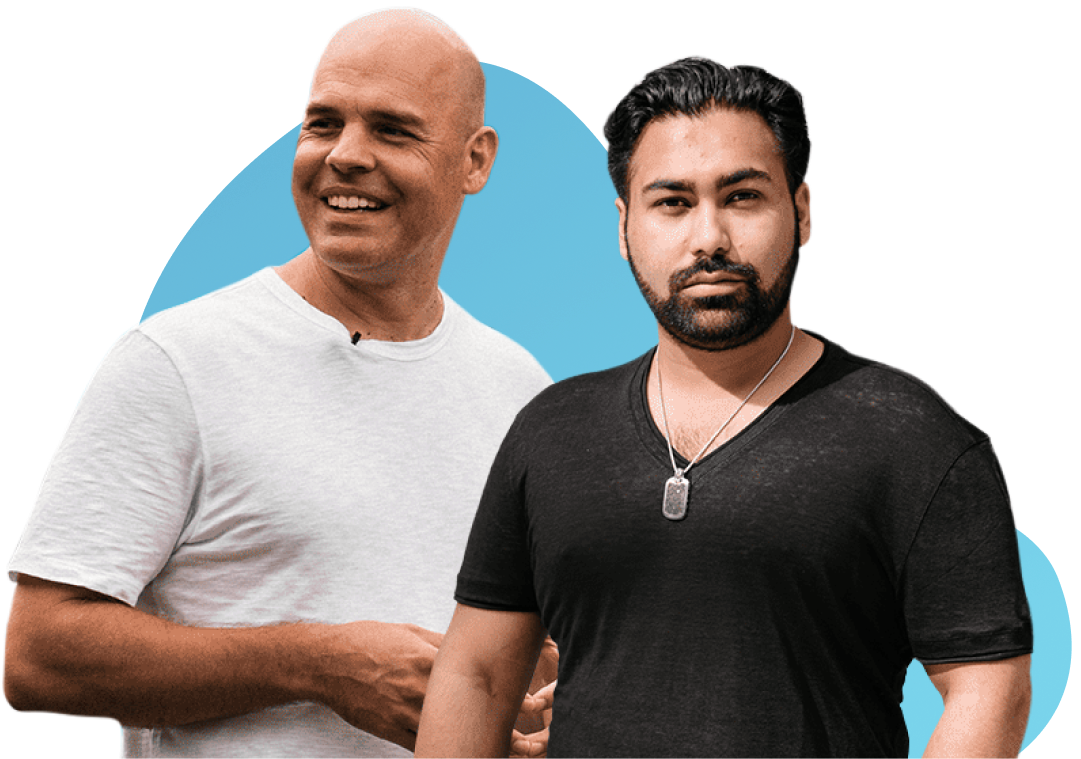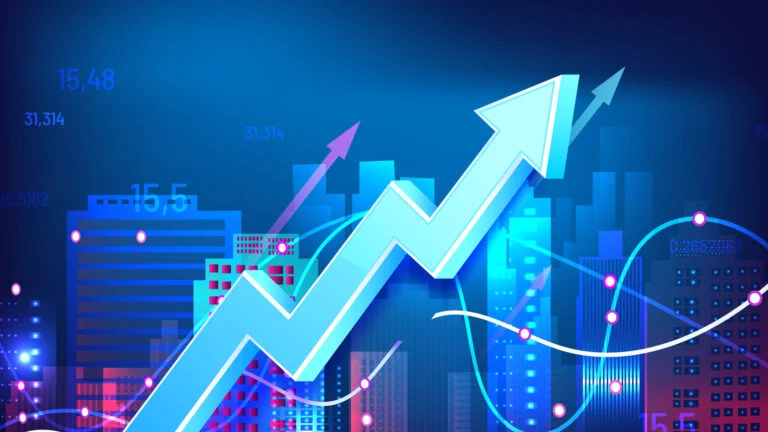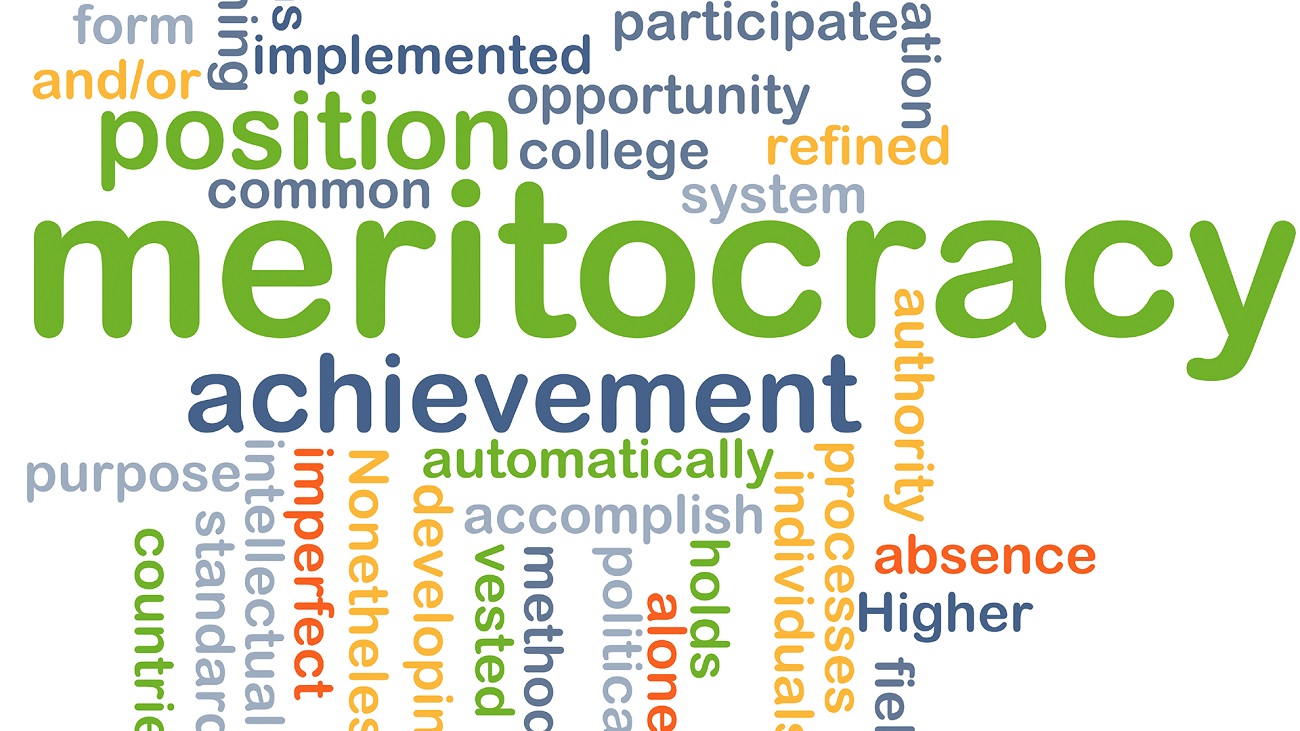Recently in the Live Traders chat room a comment was made about ADHD, I don’t remember exactly how it all got started but I did mention that I have been diagnosed with ADHD. Others also chimed in that they have also been diagnosed with ADHD. I was diagnosed when I signed up for a shyness seminar given by Phillip G. Zimbardo from Stanford University author of “Shyness What it is and What You Can do About It”. It was a small group of six and for me and several others in the group it was a life-changing seminar. Not only did I learn techniques to deal with the shyness that was holding me back in my career, but I also learned that I had ADHD which at the time made a lot of sense when I looked back to earlier stages of my life. I thought I’d write this article to enlighten you to what I’ve done to cope with ADHD as a trader. I’ll start with a textbook definition and then take you through each of the challenges that ADHD presents us with and how I handle them. ADHD also gives us certain superpowers which I’ll also discuss.
Attention Deficit Hyperactivity Disorder (ADHD) is a neurodevelopmental disorder characterized by difficulties in sustaining attention, hyperactivity, and impulsivity. It is often associated with challenges in executive functioning skills such as organization, planning, and decision making. Given the nature of these challenges, one may question whether a person with ADHD can successfully navigate the demands of a career in stock trading.
It sounds like trading with ADHD will be a breeze, right? Well, you can do it, but it won’t be easy.
Many of us with ADHD exhibit high levels of creativity and risk-taking behavior. These traits can be advantageous to us as stock traders. The ability to think outside the box and take calculated risks can lead to innovative investment strategies and potentially lucrative returns. However, it is important for us to develop strategies for managing impulsivity and maintaining focus in order to capitalize on these strengths.
If you are like me, you probably struggle with organization and time management, which are essential skills for us if we want to succeed as traders. Keeping track of market trends, monitoring investments, and making timely decisions require a level of structure and discipline that can be challenging for us. However, with the right support and tools, such as time management techniques and organizational systems, we can learn to effectively manage our responsibilities and excel in our role as stock traders.
The biggest struggle for me is with sustaining attention and concentration. As traders we have to stay focused and process large amounts of information quickly. This is challenging, but it’s not insurmountable. I use strategies like mindfulness practices, learning to stay present, and taking short breaks. I personally do short 2–3-minute meditations when sense my mind beginning to wander. When that doesn’t work, I just step away sometimes for a few minutes’ other times for the rest of the day depending on what’s happening at the time.
A short rant about medications which some folks like to use to help with attention, concentration and even hyperactivity. Start rant: I see an overuse of medications for people with ADHD, I really don’t view ADHD as any kind of disorder where we need to be medicated. We just need to be taught how to manage the skills and behaviors that we have been blessed with. Medications come with side effects and in most cases the side effects are worse than the disorder being treated. My daughter was diagnosed with ADHD by a school counselor when she was in first grade. They demanded that we put her on Adderall. It wasn’t happening and we withdrew her from public school and home schooled her for a year. The next year enrolled her in a private school that understood how to teach kids with ADHD. She ultimately graduated from Stanford University and Columbia Law School and today is a practicing attorney. Kids minds are too important, use other means if possible. End Rant
Another issue that some of us might struggle with is impulsivity, this leads to hasty decision-making and potential financial risks that are far greater than should be taken. It is important us to develop strategies for impulse control, such as taking a step back to consider all options before making a decision, seeking advice from colleagues or mentors, and implementing checks and balances to prevent impulsive actions. This can be done in many ways. Number one would be to have a pre-trade checklist. Do not allow yourself to take a trade until you have gone through the complete list and have checked off every item on the list. Another way is to work with a trading partner or small group through a service like Discord where you can exchange trade ideas and check each other’s trades throughout the day. There are many other ways as well find one that works best for you.
Over the years the biggest issues for me have been with planning and prioritizing tasks. As trader’s we need a structured approach, setting clear goals, and breaking down tasks into manageable steps is a must for me. You must have a detailed trading plan and a regular routine. I have a set routine where every morning from the minute I get up until the minute I stop trading for the day is exactly the same. It’s written down in clear steps. I have to have this, or I easily get off track. Also, at the start of each day I make a list of items to do that day, this includes tasks that deal with trading as well as tasks that I will deal with the rest of the day. If I don’t do this, I might find it’s 9 PM and I still haven’t mowed the lawn. I find the neighbors aren’t too happy when I mow at this hour.
Another big issue for me over the years has been with dealing with emotions. The ability to manage emotions, such as anxiety and frustration, is crucial for making sound decisions and maintaining a balanced perspective in trading. Bottom line if we can’t learn to deal with our emotions both as traders and human beings, we can’t be successful. If you are a member of my coaching group, I have written countless articles on this aspect of becoming a trader. By practicing mindfulness, practicing staying present, and developing healthy coping mechanisms, you can become a successful trader.
I think one of the superpowers that ADHD has gifted us with is the ability to recognize patterns and trends. The ability to quickly identify market fluctuations and capitalize on opportunities can be a significant strength for us. By leveraging these intuitive insights and analytical skills, we have the ability develop successful trading strategies and to achieve positive outcomes in the stock market.
As traders with ADHD, we do face unique challenges, but we also possess a range of strengths and qualities that can contribute to our success. By developing self-awareness, implementing strategies for managing our symptoms, and leveraging our inherent strengths, we can overcome obstacles and thrive as traders. With dedication, discipline, and a commitment to continuous learning and growth, we can achieve our goals and make a successful career as a trader.
If you need help with your trading whether it be ADHD or some other issues, read on:
Join the Live Traders Coaching Group and Master Professional Trading Strategies
If you’re committed to becoming a successful trader and investor, consider joining the Live Traders Coaching Group and enrolling in our Professional Trading Strategies course. Live Traders is dedicated to empowering individuals like you with the knowledge, skills, and support needed to excel in the world of trading.
In the Live Traders Coaching Group, you’ll have access to a community of like-minded individuals on a similar journey to success. Our group sessions provide a platform to learn from seasoned professionals, gain valuable insights, and fine-tune your trading strategies. It’s a collaborative environment where you can sharpen your skills and make informed decisions.
The Professional Trading Strategies course offered by Live Traders is a comprehensive program designed to equip you with the strategies and techniques required for consistent profitability. You’ll learn to identify high-probability trading opportunities, manage risk effectively, and apply the principles of successful trading. Our aim is not just to teach theory but to guide you through real-world trading scenarios.





